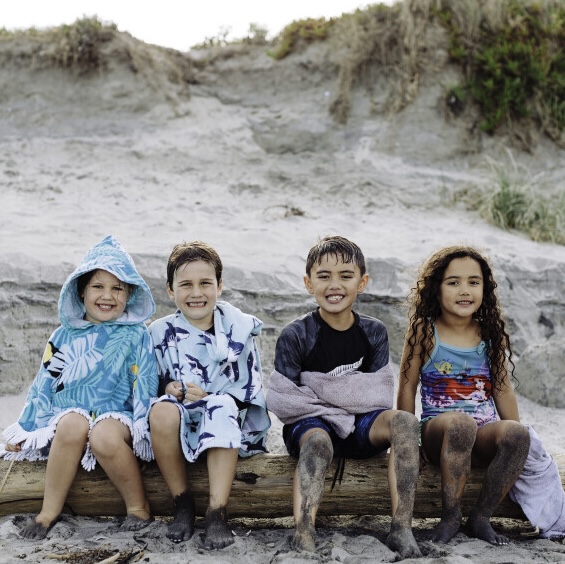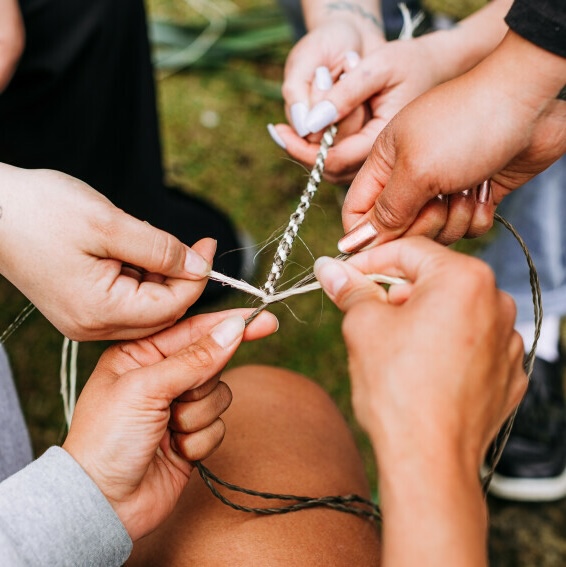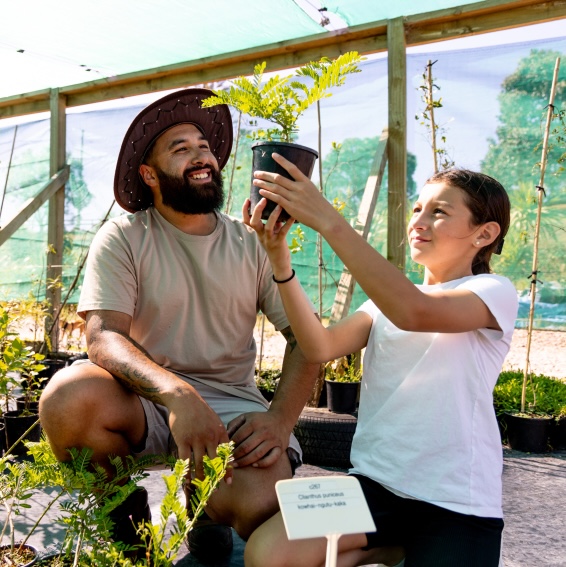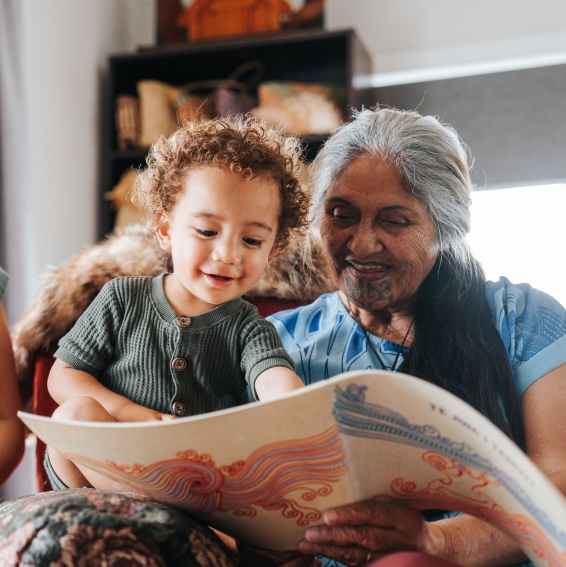What are Māori wards?
Māori wards or constituencies are seats on local councils that represent Māori who otherwise might not have a voice in local decisions. People enrolled on the Māori electoral roll vote for candidates standing for Māori wards. Similarly, people enrolled on the general electoral roll vote for candidates standing for general wards. People can only be on one electoral roll at one time.
Māori ward councillors have a responsibility to represent the interests of Māori communities, as well as contributing to the wider community too.
Not every council has a Māori ward - some have other arrangements to represent Māori voices, and some choose not to have specific Māori representation.



